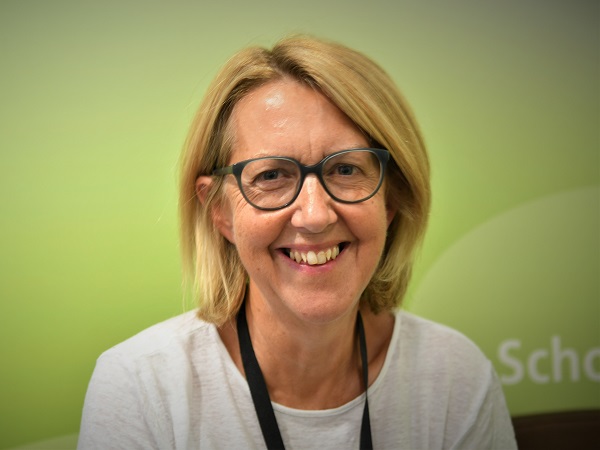
A new service that supports over 75s in their home after they’ve been discharged from the Royal Adelaide Hospital will be trialled for six months.
The new care transition service will provide person-centered care co-ordination and support for older people up to five weeks after leaving hospital following an unplanned presentation or admission.
The service is part of a research project ‘Something missing in the middle’ led by Flinders University in collaboration with the Department of Geriatrics and Rehabilitation Medicine at the Royal Adelaide Hospital, Adelaide Primary Health Network, and the Council On The Ageing (COTA) SA. The project is funded through The Hospital Research Foundation ‘Your Choice’ grant scheme.
Caring Futures Institute research lead and Matthew Flinders Fellow Professor Gillian Harvey, who joined Flinders this year, is leading the project alongside Post-Doctoral Research Fellow Amy Marshall and Research Assistant Ella Bracci.
The first part of the research involved co-designing a solution to meet the needs of older people during their transition between hospital to home.
A series of workshops with older people who had experienced repeat hospital admissions was undertaken to determine what problems they experienced and what solutions they would like to see in place.

Professor Harvey says older people spoke clearly about perceived gaps in the current system. Their comments included:
- “I feel that there should be a better … handover, somewhere along the line. There’s something missing in the middle …”
- “The healthcare system, if they work together, not against one another …. No coordination. I might be wrong, but that’s my opinion anyway.”
- “I think just somebody to come and check on me. That’s mainly the thing. For a cup of tea or coffee, or just interact like that. That would be nice … They can perhaps ask some more specific questions about what do I need this week, or how I’m feeling.”
As a result of these workshops, a new type of role was developed to provide both clinical and social support for older people after they leave hospital.
Across the six-month pilot, care co-ordination, support and assistance will be delivered to participants by two newly created roles working in partnership – a care transition coordinator and a welfare worker.
The care transition service will deliver a plan for the older person and their family to ensure they are well-supported in the community upon returning home from hospital.
This will include making sure that transport is arranged to get the older person to follow-up appointments and that essentials such as food and medication are available.
Social support will also be provided through phone calls or home visits and the person will be reengaged with existing services if necessary or connected to new ones.
“We know that care and support at this transition stage is vitally important to patient recovery and ongoing wellbeing,” Professor Harvey says. “It could also help to reduce avoidable re-hospitalisation of older people.”
“Our approach is all about creating a person-centred approach and co-designing a solution to a well-recognised problem for older people.”

